Consider shopping with us today by grabbing one of our new Supersized Schticker Packs!
* * *
Plotz-worthy fashion? Join the mishpacha? If Yiddish is new to you, you might have been a little confused seeing these words across our site. So, I thought I’d break down 30 must-know Yiddish words, including some of my favorites.
But first, a little context. What is Yiddish?
Yiddish words, and fragments of Yiddish culture, are everywhere. It would be hard to imagine that anyone hasn’t heard or said at least one Yiddish word in their life, even if they didn’t know it.
But where does it come from? Here’s the short answer.
Yiddish is about 1,000 years old, and was once the international language of Ashkenazi Jews (the Diaspora Jews of Central and Eastern Europe and their descendants).
The language is mostly German, but is fused with words from Hebrew, Aramaic and many other languages from the places where Jews have lived or fled to. It’s sort of a melting pot of languages, in a way. Traditionally, It’s written in the Hebrew alphabet.
At its height less than a century ago, Yiddish was spoken and / or understood by an estimated 13 million of the world's 18 million Jews, with many speaking Yiddish as their primary language. But, due to the Holocaust and other atrocities, most Yiddish speakers didn’t survive, and the language almost died. Aside from Hasidic and Ultra-Orthodox Jews who often speak Yiddish as their primary language, in insular communities, most people today know only a few Yiddish words. However, many young Jews have recently become interested in getting back in touch with their heritage through Yiddish.
Yiddish is a language full of humor and irony, expressing subtle distinctions of human character that other cultures don’t recognize or put into words. It’s a language that expresses our strengths and weaknesses; our hopes, fears and longings. Many of these terms have found their way into English, because there is no English word that can convey the depth and precision of meaning that many Yiddish words can.
32 Essential Yiddish Words
Without further adieu, here is a list of Yiddish words that you absolutely should know! Keep in mind that there is no direct English spelling for these words, and many people spell them, or even translate them, a bit differently.
Bubbe: Grandmother
Chutzpah: Nerves, confidence or arrogance. Another way to explain it could be extreme attitude. It can either be positive or negative depending on the context.
Example #1: We just broke up and he already made a move on my ex. Can you believe the chutzpah?!
Kanipshin: A fit or a tantrum
Example: Why’s everyone having such a kanipshin? All I did was steal a car!
Keppie: A lighthearted and endearing way to refer to a head or forehead. It’s mostly said by parents to their children, but can be used in other ways, like for our keppie cap!
Klutz: This is a word that you’ve probably heard a million times, and might not have known was Yiddish! A klutz refers to a clumsy person.
Example: Yikes, I’m so sorry for spilling my margarita on your carpet. I’m such a klutz!
Kvell: To experience profound pride in someone else or their accomplishments. This is one of those words that just doesn’t have an english equivalent to convey the same emotion.
Example #: My Mom just left her job to become a life coach, and I’m absolutely kvelling!
Kvetch: Complain. But like, really complain. It’s usually used a verb, but can also be a noun. In Yiddish, it directly translates to press or squeeze.
Example: Quit kvetching already and just get in the car!
Mamosh: You can use this word in the place of “really.” Pronounced mom-ish.
Example: It’s mamosh not a big deal if you can’t come over tonight. I Understand.
Mensch: Simply put, a good person. Being called a mensch is a huge compliment.
Example: Ethel, I heard that your grandson is cooking free meals for people around town. When did he become such a mensch?
Meshuggeneh: An adjective or noun describing someone who is silly, crazy, or a troublemaker. Now, it’s used mostly as a term of endearment.
Example: I must be meshuggeneh to think that I can make it from LA to San Diego on time for dinner.
Mishegas: One of my favorite Yiddish words, personally. It means insanity, craziness, or silliness.
Example: Don’t you think it’s time to stop all this mishegas and settle down?
Mishpacha: Another word you may have seen on our site! Simply put, mishpacha means family. However, it doesn’t just refer to blood relatives. It’s used to talk about people you’re close with, and your chosen family.
Example: You’re mishpachah, of course you can sit with us!
Nish Keet: Not Good (as seen in Meet the Fockers).
Nosh: To snack or nibble. It can also be used as a noun to describe a small portion of food.
Example: Can you bring a little nosh for our picnic tomorrow?
Oy Vey / Oy Gevalt: You’ve definitely heard this one before. It’s an exclamation you say when you’re shocked, surprised, or when something goes wrong. Oy Vey and Oy Gevalt are pretty much synonymous, and usually abbreviated to “Oy”. If you want to really stress something, Oy Vey Ist Mir (pronounced oy veyz meer) is the way to go. It most closely translates to Woe is me!
Plotz: You’ve definitely seen this one on our site (i.e. plotz-worthy fashion). It means to crack, collapse or explode, in either a literal or metaphorical sense.
Example #1: Omg, have you heard of that new brand bubuleh? I love their clothing so much I almost plotzed!
Pulkes: A less common Yiddish word, but a fun one all the same! Pulkes is a sweet term that usually refers to cute, chubby baby thighs. It’s like the queen of Yiddish baby compliments.
Example: Look at the pulkes on her! Ugh I just want to smush her!
Schlep: To carry something or go somewhere that is an inconvenience, even if a minor one. Usually accompanied by kvetching.
Example: You want me to schlep all the way over to your place at 10pm? Gurl, byeee.
Schmaltzy: Overly emotional or sentimental.
Example: The card you got me was thanks enough, you don’t have to get all schmaltzy.
Schmooze: Whether you know Yiddish or not, you’ve probably heard this one before. Schmoozing refers to chatting in an informal, friendly way. It has a connotation of small talk. It’s closest English counterpart is probably “mix and mingle.”
Example: Ethel, I know you don’t want to go to Barbara's party, but let’s just go and schmooze for a bit and then we’ll get Taco Bell!
Schvitz: To sweat
Example: Can you turn on the AC? I’m schvitzing in here!
Shepping Naches: To feel extremely proud of someone, or to derive pride or joy in something that they did. This is often abbreviated to just “shepping.”
Example: Congrats on getting into law school! I’m shepping so hard!
Schlub: Someone who is dressed sloppily.
Example: This quarantine has made me feel like such a schlub - I’ve worn sweatpants for 5 days in a row!
Shmutz: A little dirt or something messy, generally on your face.
Example: Honey, you’ve got some schmutz on your face, let me clean it off.
Shpilkes: Impatience, restlessness. It’s similar to “ants in your pants.” It’s also weirdly satisfying to say (shpil-keez).
Example: Can we leave this dinner already? I have the shpilkes.
Shtick: A shtick is something you’re known for; something that makes you special. It often refers to something quirky, and can also be explained as a sort of performance. I love this word because it encourages us to embrace what makes us unique, even if it’s weird.
Example: I know, I know. She’s so loud when she drinks, but that’s kind of her shtick.
Spiel: A generally long story or speech.
Example: I’ll get through the spiel quickly so we can get to the good stuff!
Tuchus: Butt. Usually used in a “cheeky” way.
Example: Barbara said what? Well, she can just kiss my tuchus!
Verklempt: Feeling overwhelmed with emotions.
Example: Daniel going away for college has me feeling all verklempt!
See: Verklempt Over Fashion in Variety!
Zaftig: Usually refers to a plump, round woman - in a positive way! It’s a very body-positive term.
Example: Bring on the chocolate! I didn’t become a zaftig by eating lettuce!
Zayde: Grandfather. Was this the root of zaddy? Hmmm.
And last but not least…
Bubuleh! Bubuleh is a term of endearment meaning sweetheart, and was the inspiration for our brand!
Let us know your favorite Yiddish words in the comments below!


